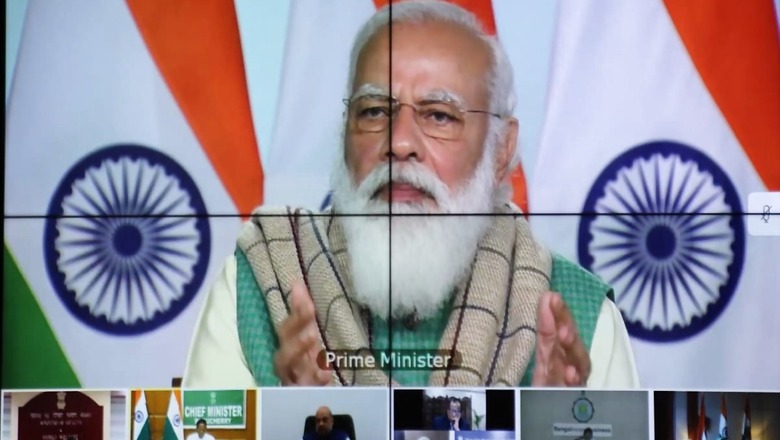
views
Prime Minister Narendra Modi on Monday said the Centre will bear the cost of vaccinating three crore healthcare and frontline workers across the country, while asking states not to buy vaccines directly and make all purchases through the Union government.
In his interaction with chief ministers of all states to discuss the pandemic situation and vaccination roll-out in the country, Modi further said it should be ensured that public representatives, a reference to politicians, do not jump queues and take vaccines ahead of other citizens.
India is entering a decisive phase of vaccination in the fight against COVID-19, he said, pointing that the world's largest vaccination programme will start from January 16. Public representatives are not part of the three-crore corona warriors and frontline workers to be vaccinated first, Modi said.
The PM said the Centre will be the single agency for all vaccine purchases. Sources said HLL Lifecare Limited, a public sector undertaking, will be procuring the vials on behalf of the government.
Addressing safety concerns regarding the vaccines developed to fight the virus, the PM said it is a credible process which was followed to verify and certify the two vaccines — Oxford vaccine Covishield, being manufactured by the Serum Institute, and indigenously developed Covaxin of Bharat Biotech — for emergency use.
The Serum Institute on India said it has received the purchase order from the Centre for the Oxford-AstraZeneca Covid-19 vaccine. Sources said each dose will cost Rs 220 inclusive of taxes and 14 per cent GST. They said that vaccine transportation will begin shortly.
Sources also said there is no clarity on the second dose yet. Health ministry is asking both the companies to give a certain quantity for free of cost, a source said.
Modi further said the two approved vaccines are more cost-effective than any other in the world and have been developed as per the country's needs. At least seven other vaccines are being developed in India, while some others can be imported from abroad, including the one developed by global pharma giant Pfizer which has already applied for import and sale in India of its vaccine for emergency use authorisation.
"Our experts have taken all precautions to provide the countrymen with effective vaccines," he said. The two approved COVID-19 vaccines in India more cost-effective than other vaccines in the world and have been developed as per our needs and situation, he said.
It is a matter of pride that both the vaccines are ‘made in India’, he said, adding that it can be imagined how much hardship India would have faced if it had to depend on foreign vaccines. Noting that the first round of vaccination is meant for healthcare and frontline workers, he said, “This is my personal suggestion and no one should take it otherwise. We public representatives are not part of it.”
In some countries, including the US and Israel, leading public figures have taken the jabs while top functionaries in a few others have chosen to follow the standard protocol and wait for their turn.
Talking about the COVID-19 situation in India, Modi said the country is in a much better place than many others in terms of the pandemic’s spread, and added that this is a matter of happiness but should not induce carelessness. The panic visible among the people six-eight months back is no longer there, and the increasing confidence among them in the fight against the pandemic has had a positive impact on economic activities as well, the prime minister said.
Modi also asked states to ensure that rumours do not get spread about the vaccination exercise and suggested involving social and religious groups in helping check any rumour-mongering. On Saturday last week, Modi had reviewed the status of COVID-19 and vaccine preparedness across states and union territories at a high-level meeting where.
He said many states have given good suggestions in fighting the pandemic and the dialogue and cooperation between the Centre and states have been a “great example” of federalism. After healthcare and frontline workers totalling about three crores, priority will be given to those above 50 years of age and the under-50 population groups with co-morbidities, together numbering around 27 crore, in the next phase. According to the Health Ministry guidelines on COVID-19 vaccination, the latest electoral roll for Lok Sabha and Legislative Assembly elections will be used to identify the population aged 50 years or more.
India’s total active caseload has fallen to 2.25 lakh, which accounts for just 2.13 per cent of the total number of coronavirus cases in the country at over 1.04 crore, according to the latest Health Ministry data. More than 1.5 lakh have died so far.
However, the spread of the virus has lessened in a big way in the country as the daily number of new cases has dropped to about 16,000 from a peak of almost 98,000 in September last year. However, the overall caseload for India is the second-highest in the world after the US, which has reported more than 2 crore cases so far — almost double of India’s cumulative tally.
On Saturday last week, Modi had reviewed the status of COVID-19 and vaccine preparedness across states and union territories at a high-level meeting where.
(With inputs from PTI)
Read all the Latest News, Breaking News and Coronavirus News here











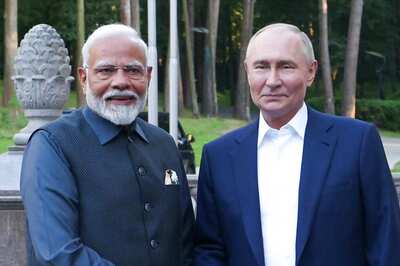
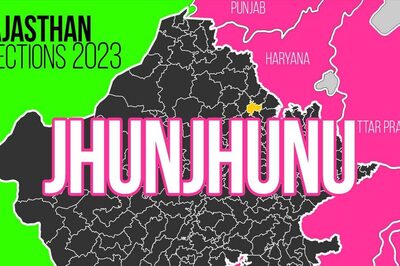


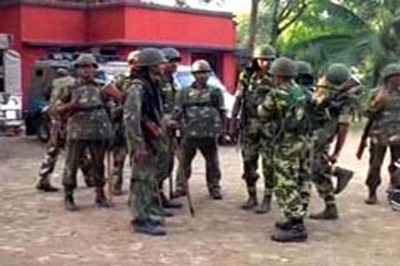
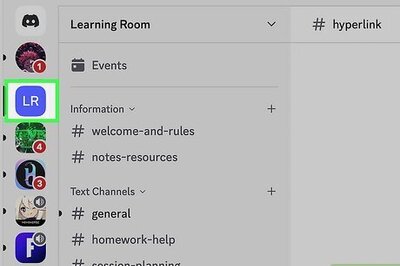
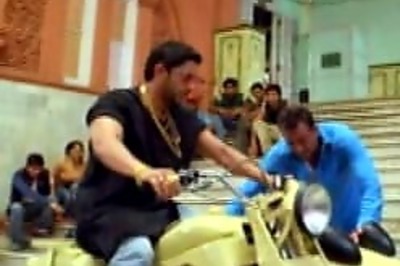
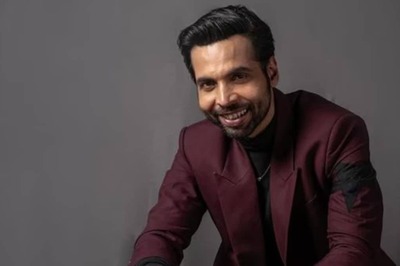
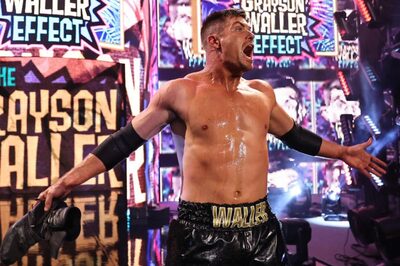
Comments
0 comment